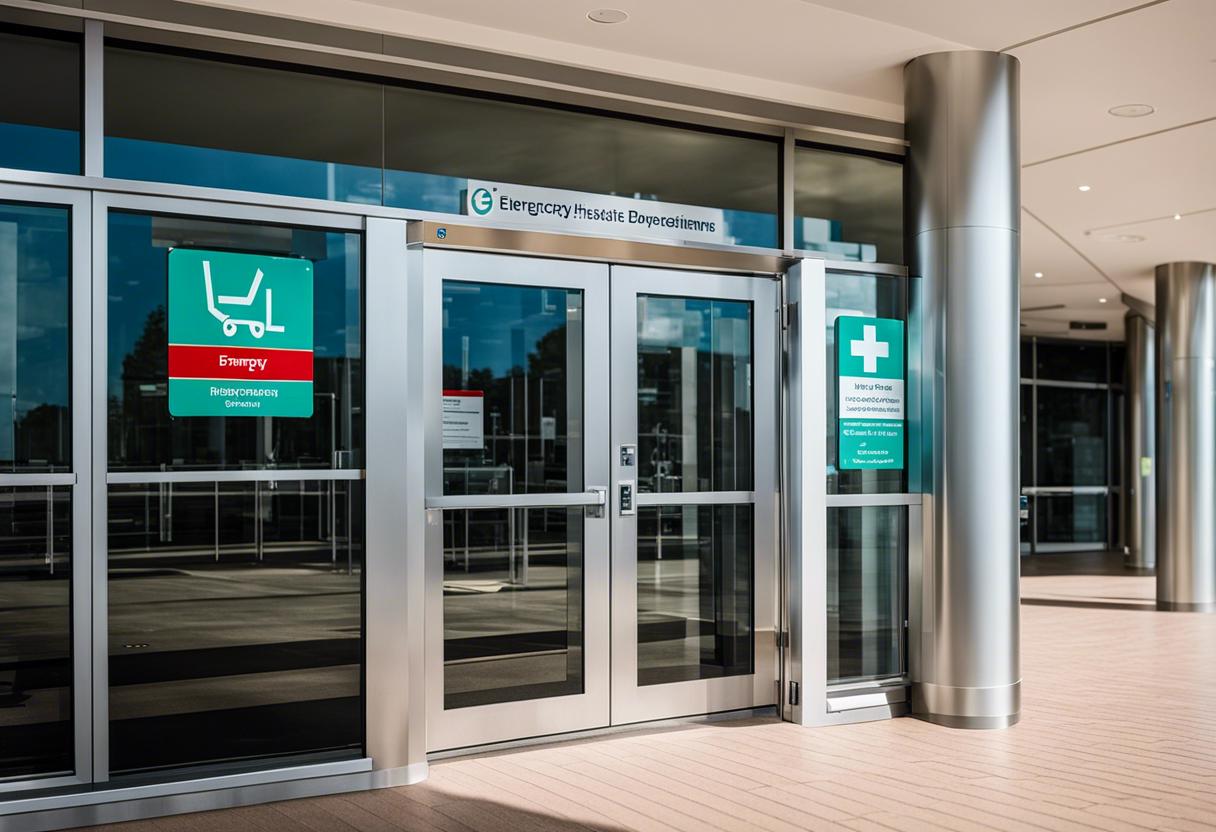New research proposes that the implementation of a specialised healthcare team for elderly patients in emergency departments (ED) throughout Ireland could potentially save the healthcare system as much as €2.4 billion annually, while also enhancing the wellbeing of the patients. The research, a joint effort by Trinity College Dublin and University of Limerick, was made public on Tuesday and investigates the effect of having a committed team of health and social care professionals (HSCPs) to promptly assess and intervene in the care of patients 65 years and above.
The research, published in the Plos One journal, confirms that the HSCP team which encompasses an occupational therapist, a physiotherapist, and a social worker, had a meaningful impact on the patient care. Surveying 353 senior patients, it revealed that swift assessments and interventions by the HSCP team curtailed the duration of ED visits and the likelihood of readmission while improving patient satisfaction.
The crammed conditions in the ED, a prevalent issue both domestically and internationally, accompanied by long waiting hours, detrimentally affect patient care results and satisfaction. The clinical results of the study indicated many elderly patients could be safely released from the ED after prompt assessment and intervention by an HSCP team, evading the expensive hospital inpatient stays.
The team of researchers then combined this data with the direct cost estimation of the HSCP and the costs to the Irish Health Service for inpatient admissions. They concluded that supplementing the HSCP team to the existing standard care in ED holds the potential for an annual saving of €2.4 billion at the national level.
The key driver for these cost savings is the earlier discharge of elderly patients from the ED. If implemented across the nation, the programme could aim to send patients home as soon as safely possible, according to the research.
Prof Dominic Trépel, from the School of Medicine and Global Brain Health Institute (GBHI) at Trinity, asserted that almost 23% of the patients visiting the ED are ‘low-acuity’ patients, i.e., patients having no severe concerns. “Often, these elderly patients are admitted due to the worry of overlooking something. But, with the presence of this comprehensive care team, one is made aware of a patient’s instability at earlier stages, and this can be promptly addressed,” he added. He further emphasized that such an approach may help in avoiding unnecessary hospital admissions, even preventing several in some cases. He concluded, “The cost implications of a one-night admission are enormous.”
The study determined that, based on economic assessments, the integration of HSCP into the treatment procedure of EDS in Ireland is most practical. Failure to incorporate it incurs an exorbitant expenditure of €6,128 every instance a patient with less severe conditions visits the ED.

